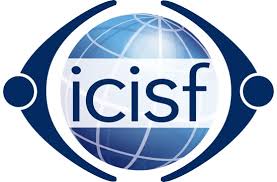About CISM Courses
Critical Incident Stress Management (CISM) is designed to help first responders deal with trauma one incident at a time, by allowing them to process the incident when it happens without judgment or criticism. The program is peer-driven and the people conducting the interventions may come from all walks of life, but most are first responders (Police, Fire, emergency medical services) or work in the mental health field.
Critical incidents are traumatic events that cause powerful emotional reactions in people who are exposed to those events. The most stressful of these are line of duty deaths, co-worker suicide, multiple event incidents, delayed intervention and multi-casualty incidents. Every profession can list their own worst-case scenarios that can be categorized as critical incidents.
Courses in CISM teach models of intervention, designed to help first responders quickly return to service.
Course Description:
Designed to present the core elements of a comprehensive, systematic and multi-component crisis
intervention curriculum, the Group Crisis Intervention course will prepare participants to understand a wide range of crisis intervention services. Fundamentals of Critical Incident Stress Management (CISM) will be outlined and participants will leave with the knowledge and tools to provide several group crisis interventions, specifically demobilizations, defusings and the Critical Incident Stress Debriefing (CISD). The need for appropriate follow-up services and referrals when necessary will also be discussed.
This course is designed for anyone in the fields of Business & Industry Crisis Intervention, Disaster Response, Education, Emergency Services, Employee Assistance, Healthcare, Homeland Security, Mental Health, Military, Spiritual Care, and Traumatic Stress.
Program Highlights
- Relevant research findings- Relevant recommendations for practice
- Incident assessment
- Strategic intervention planning
- “Resistance, resilience, recovery” continuum
- Large group crisis interventions
- Small group crisis interventions
- Adverse outcome associated with crisis intervention
- Reducing risks
- Critical Incident Stress Debriefing (CISD)
NOTE: This course is also offered together with Assisting Individuals in Crisis as a 3-Day Class called "GRIN"
CLICK HERE FOR INFORMATION

